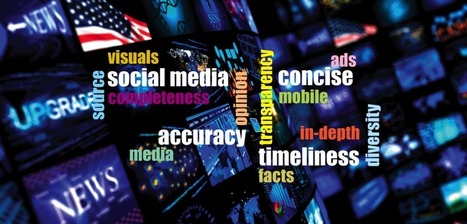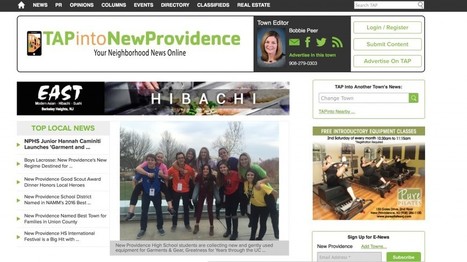A new comprehensive study, conducted by The Media Insight Project, shows that trust and reliability in news can be broken down into specific factors that publishers can put into action and consumers can recognize. The study also finds that in the digital age, several new factors largely unexamined before — such as the intrusiveness of ads, navigability, load times, and having the latest details — also are critical in determining whether consumers consider a publisher competent and worthy of trust.
The specific factors that lead people to trust and rely on a news source also vary by topic, the study finds. How much consumers value a specific component related to trust depends, for instance, on whether they are seeking news about politics or traffic and weather, let alone lifestyle. On some topics, consumers rate in‑depth reporting and expert sources more highly. In others, ease of use is of higher value.
For still others, being entertained is more important.And in social media, consumers are fairly skeptical of content and want cues of trustworthiness such as clear identification of the original reporting source.
Finally, the study sheds new light on why trust should matter to today’s publishers: It’s not only a journalistic aspiration, but a business imperative. People who put a higher premium on trust‑related factors are more engaged with news, are more likely to pay for it, install news apps, or share and promote news with their friends....



 Your new post is loading...
Your new post is loading...









This study shows that trust and reliability in news can be broken down into specific factors that publishers can put into action and consumers recognize.